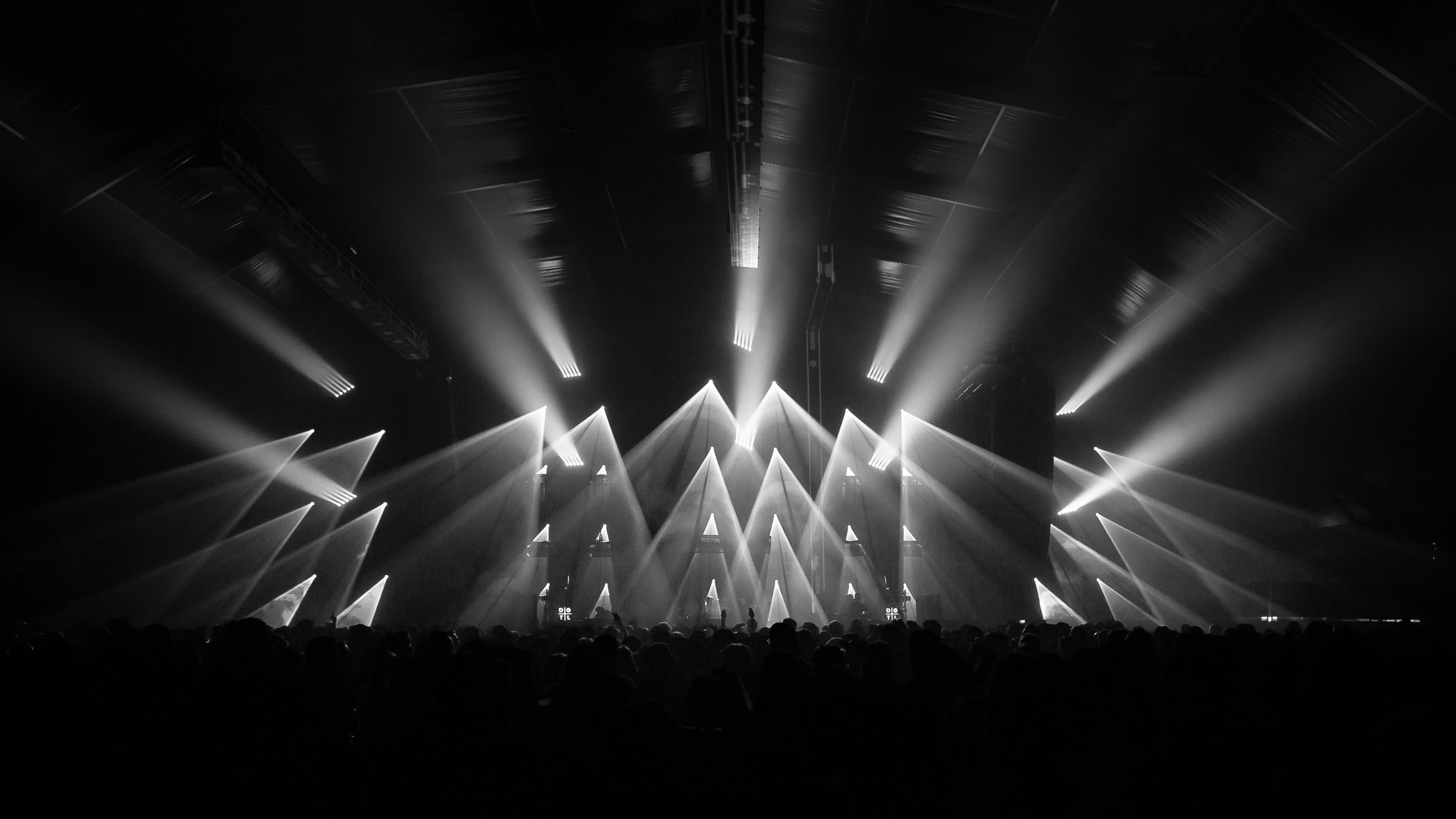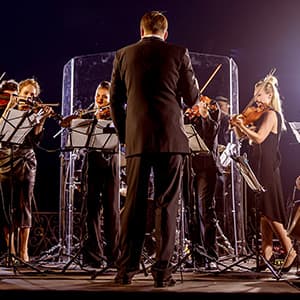

Handel Tickets
Up to 30% Off Compared to Competitors.
Location: Select Location (e.g, New York)
Events Nearby
We're Sorry. There are currently no events near you.
About Handel
In recent years, Handel's music has continued to thrive in the concert scene, with numerous orchestras and choral groups around the world regularly performing his works. The annual performance of 'Messiah' during the Christmas season has become a cherished tradition in many cities, attracting large audiences and fostering a sense of community through music. Organizations like the London Handel Festival celebrate his legacy through events that include concerts, lectures, and masterclasses. Additionally, modern interpretations of his works have emerged, with innovative staging and arrangements that appeal to contemporary audiences. The Handel and Haydn Society in Boston and the Handel Festival in Halle are just a couple of examples of how institutions are dedicated to preserving and promoting his music. Furthermore, the rise of streaming platforms has allowed for wider access to Handel's concerts, with recorded performances reaching global audiences, ensuring that his influence endures in the modern musical landscape. As live performances return to full capacity post-pandemic, Handel's masterpieces are poised to once again resonate in concert halls, continuing to inspire both performers and audiences alike.
Handel History
George Frideric Handel, born in 1685 in Halle, Germany, is widely regarded as one of the most influential composers of the Baroque era. His early musical education took place in Germany, but he soon moved to Italy, where he absorbed the Italian operatic style and began to compose his own works. Handel's contributions to the world of live performances began in earnest when he moved to London in 1710, where he gained notable success with his operas and oratorios. His innovative use of choral and orchestral forces, coupled with his mastery of melody, set the stage for a new era of concert music. Handel's most famous works, including 'Messiah' (1741), 'Water Music' (1717), and 'Music for the Royal Fireworks' (1749), were often performed in grand public concerts, a practice that helped popularize concert-going as a form of entertainment in Britain. His oratorios, particularly 'Messiah', became staples of the concert repertoire and are still performed frequently today. Handel's approach to live performance emphasized accessibility, as he often catered to a wide audience, including the nobility and common folk alike, which helped elevate the concert experience to new heights.
